
Madagascar's past three presidents all had their terms tarnished by political crises. Two of them -- Marc Ravalomanana and Andry Rajoelina -- are through to Wednesday's second-round election run-off.
Here is a look back at the turbulent recent history of the Indian Ocean island:
2002-2009: Ravalomanana
Marc Ravalomanana, a milkman-turned-millionaire dairy mogul is declared winner of the presidential election in 2002 after a crisis lasting nearly seven months against outgoing leader Didier Ratsiraka, who disputed the results. Ravalomanana is reelected in 2006.
In 2009, Andry Rajoelina, a baby-faced ex-party planner and media boss who became mayor of the capital Antananarivo, emerges as an opposition leader. He denounces attacks on freedoms under Ravalomanana.
The government had shut down his TV channel in 2008 after it broadcast an interview with ex-president Ratsiraka, exiled since 2002.
Between January 26 and February 7, 2009, protests and clashes between Rajoelina supporters and the presidential guard leave around 100 people dead.
Having lost the support of the army, Ravalomanana resigns in March.
He takes refuge in South Africa and a year later is sentenced in absentia to life in prison and hard labour over protester deaths in 2009.
On returning to Madagascar in 2014, he is arrested but his sentence is lifted and he is freed from house arrest the following year.
2009-2014: Rajoelina
In March 2009, Rajoelina seizes power from Ravalomanana with the backing of the military.
The international community denounces what it deems a coup d'etat and for nearly four years, foreign aid and investment is frozen, driving the island deeper into poverty.
In September 2011, the country's main political factions sign an accord to draw up a roadmap to guide Madagascar to elections.
2014-2018: Rajaonarimampianina
In December 2013 with the support of the outgoing regime, Hery Rajaonarimampianina wins the presidential election, taking over at the start of 2014.
Neither Ravalomanana nor Rajoelina were running against him in the vote, as the international community feared their participation would reignite political turmoil on the island.
But just 16 months later, parliament votes overwhelmingly to dismiss Rajaonarimampianina for alleged constitutional violations and general incompetence.
He challenges the legality of the move and in mid-June the Constitutional Court throws out the impeachment demand.
Protesters hit the streets of Antananarivo again in April 2018 over Rajaonarimampianina's efforts to change electoral laws that opponents say are intended to favour his party.
The courts overturn the proposals but the protests turn into a full-blown movement to oust Rajaonarimampianina.
To avert a breakdown of Madagascar's political system, the Constitutional Court orders the formation of a "consensus" government to stage the polls by the end of the year.
Rajaonarimampianina resigns on September 7, but runs for re-election in the first round of the presidential poll in November. But he defeated, coming a distant third.
Read Full Story
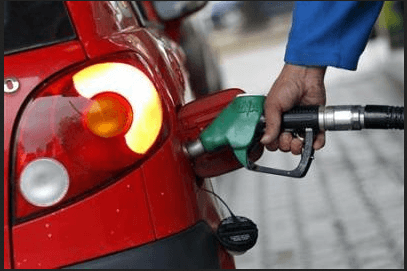
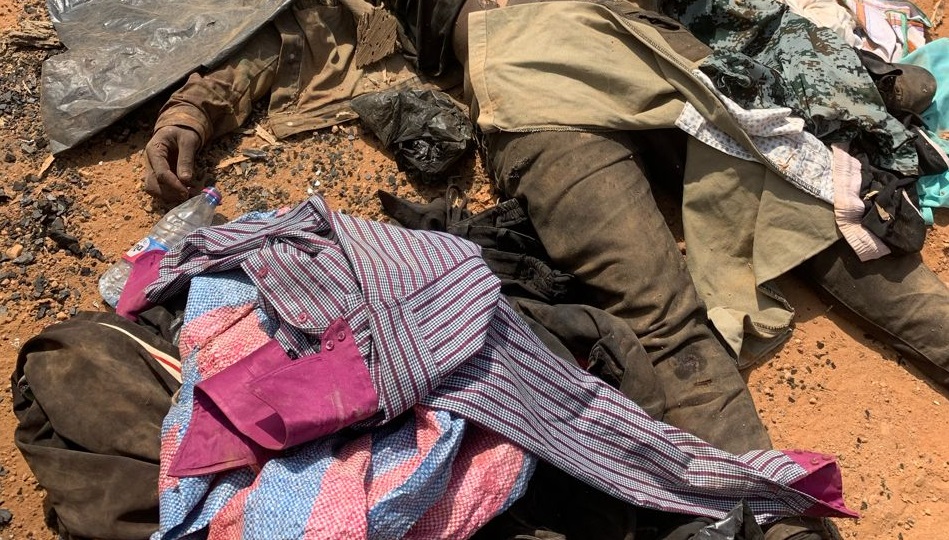
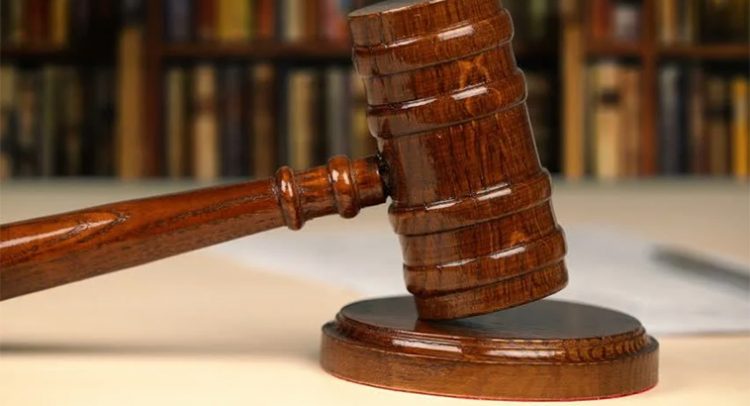







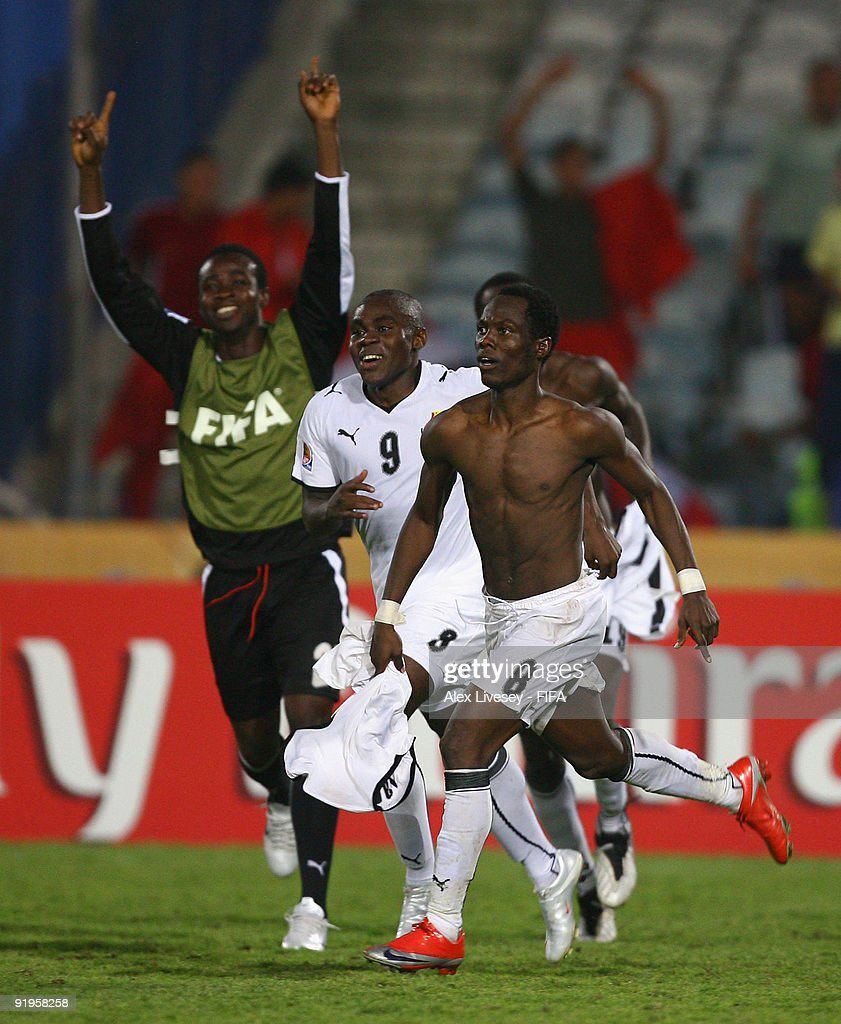
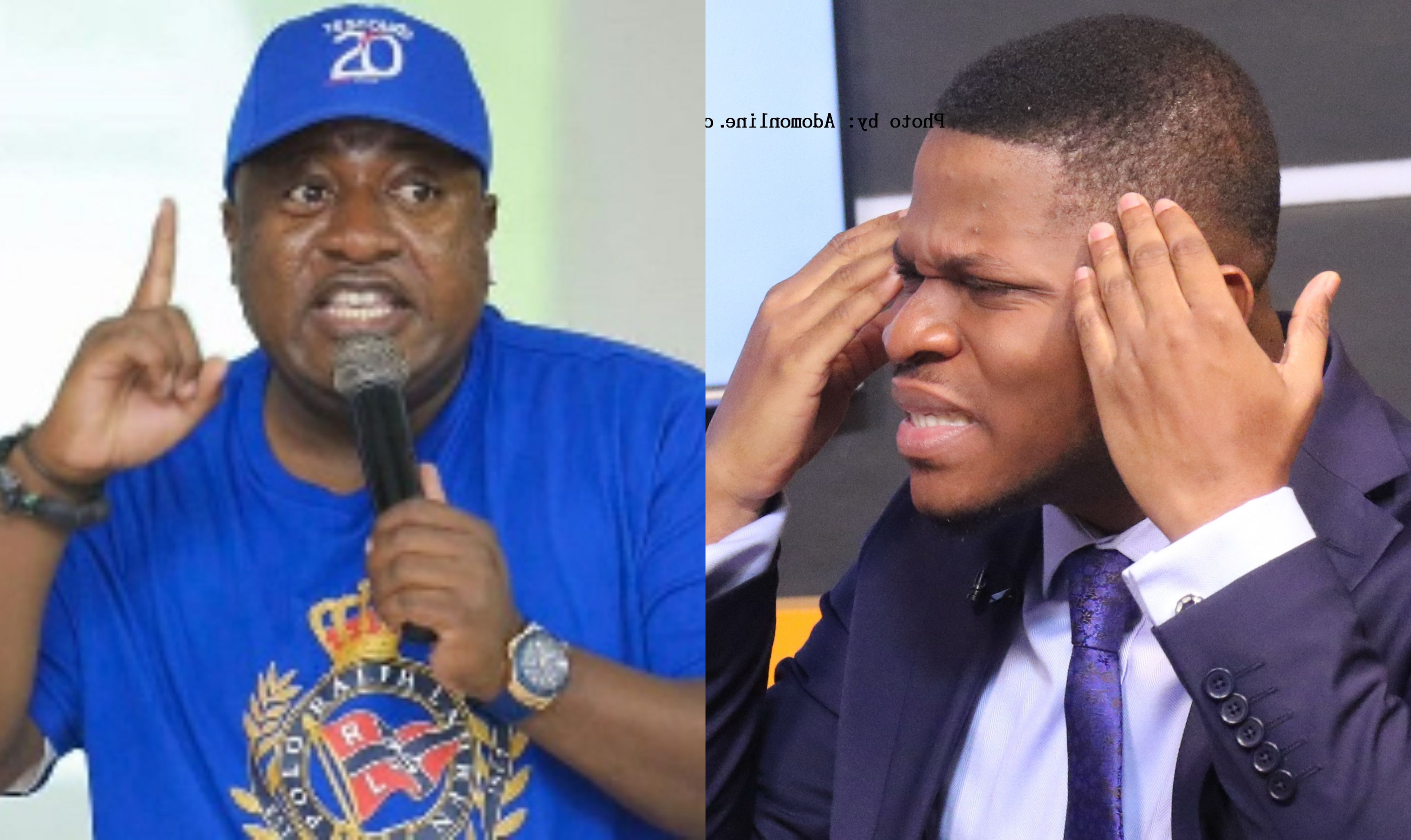

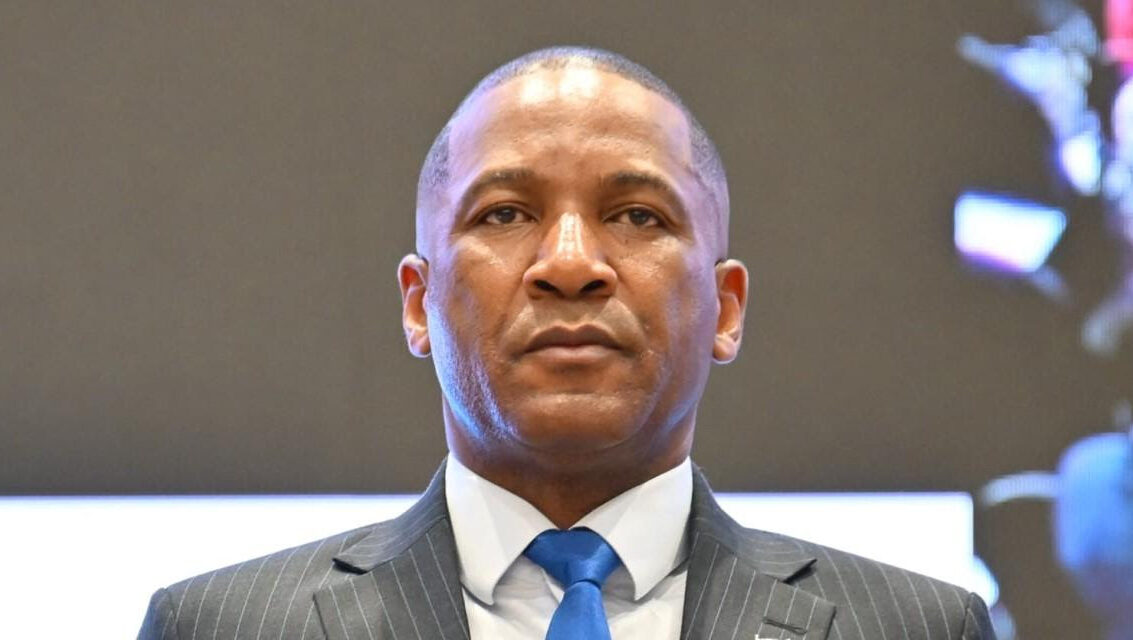
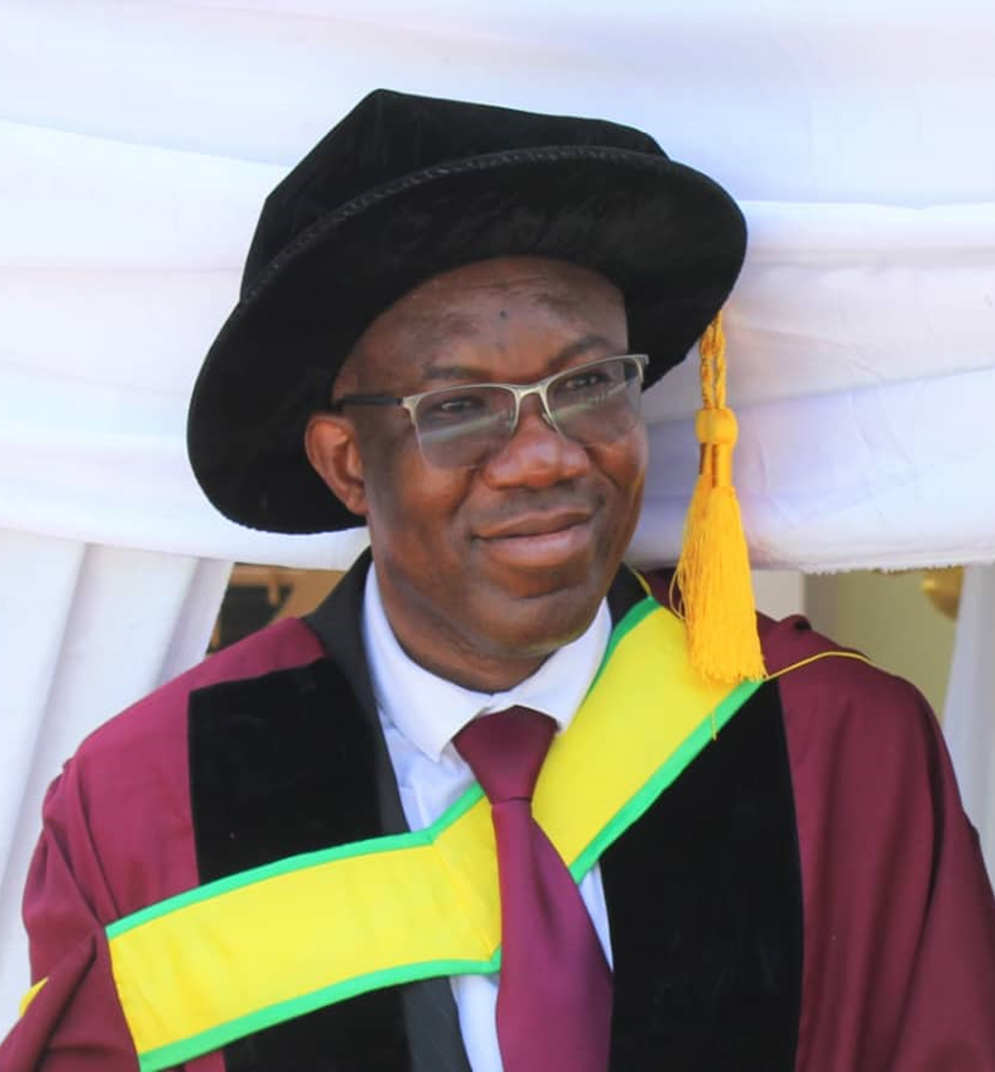
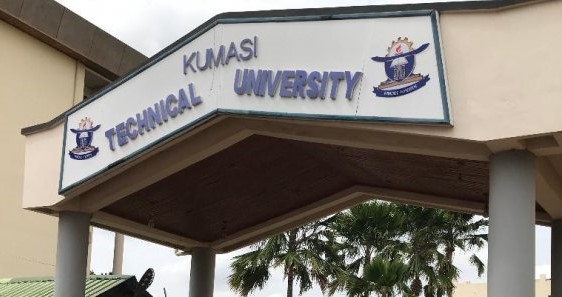
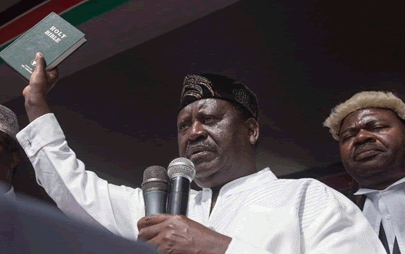
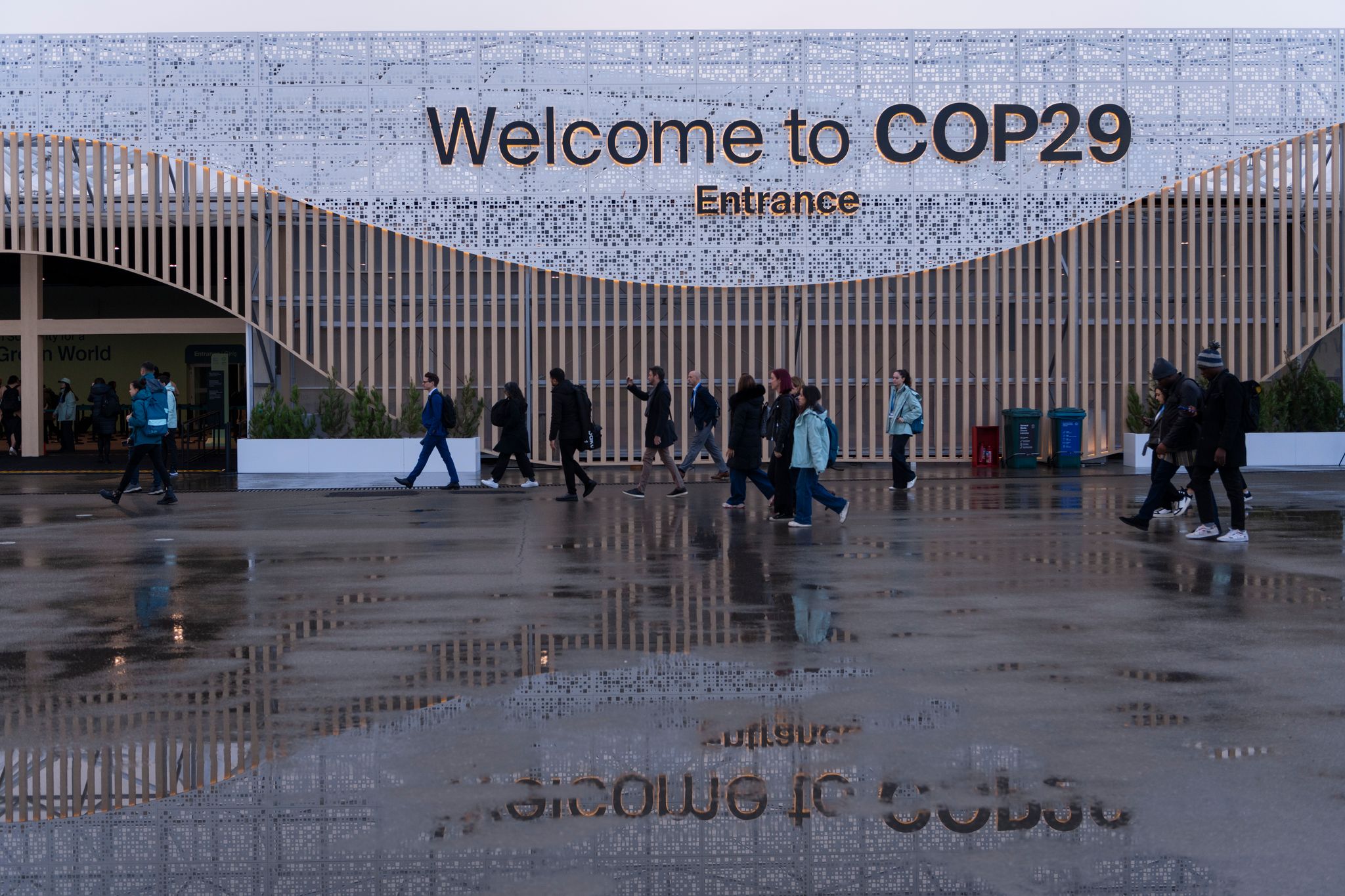
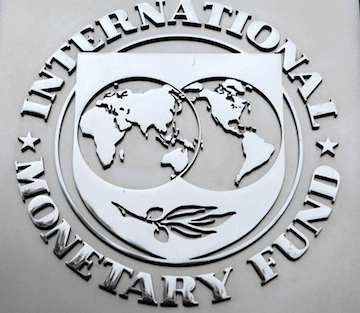
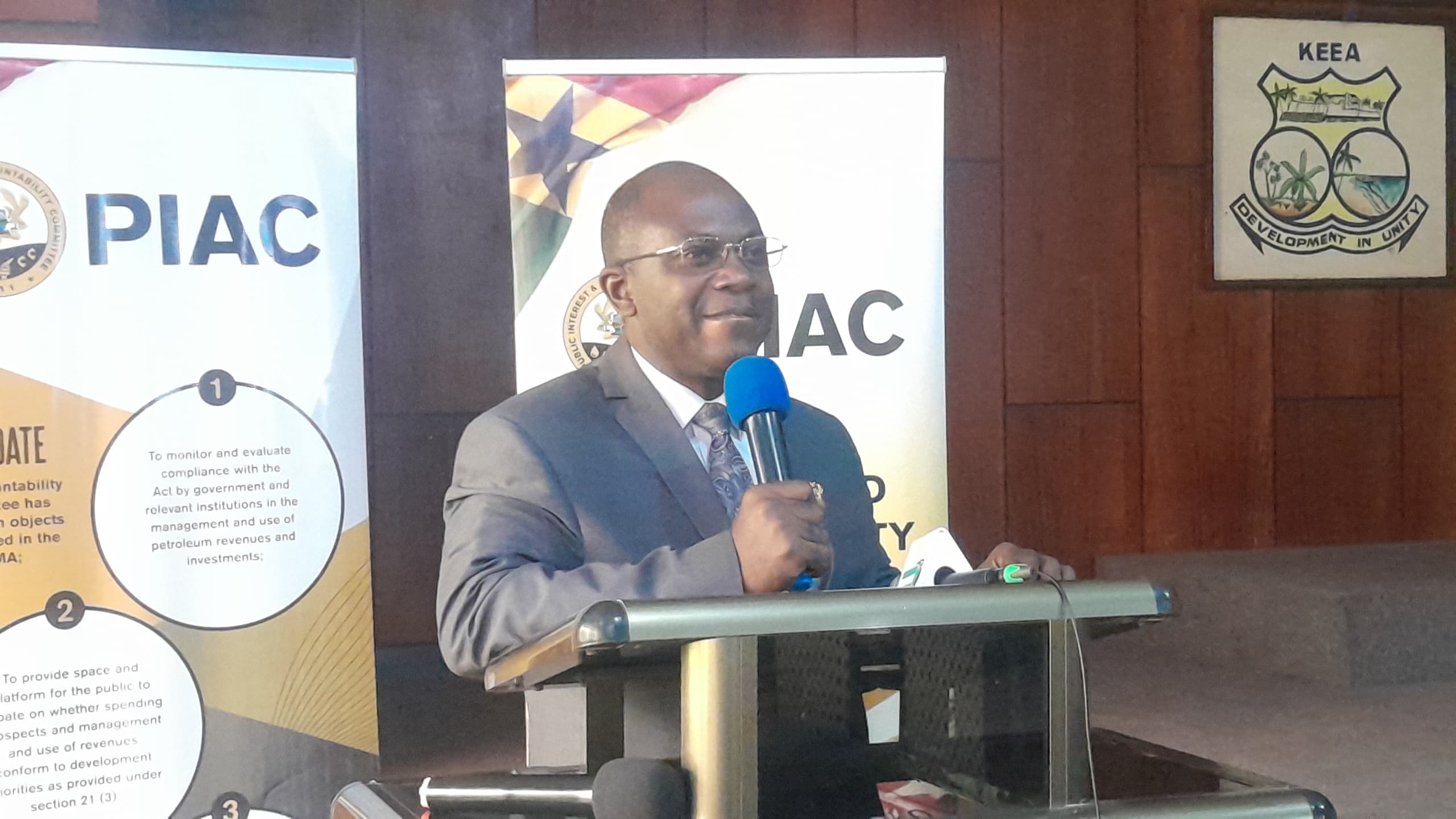
Facebook
Twitter
Pinterest
Instagram
Google+
YouTube
LinkedIn
RSS